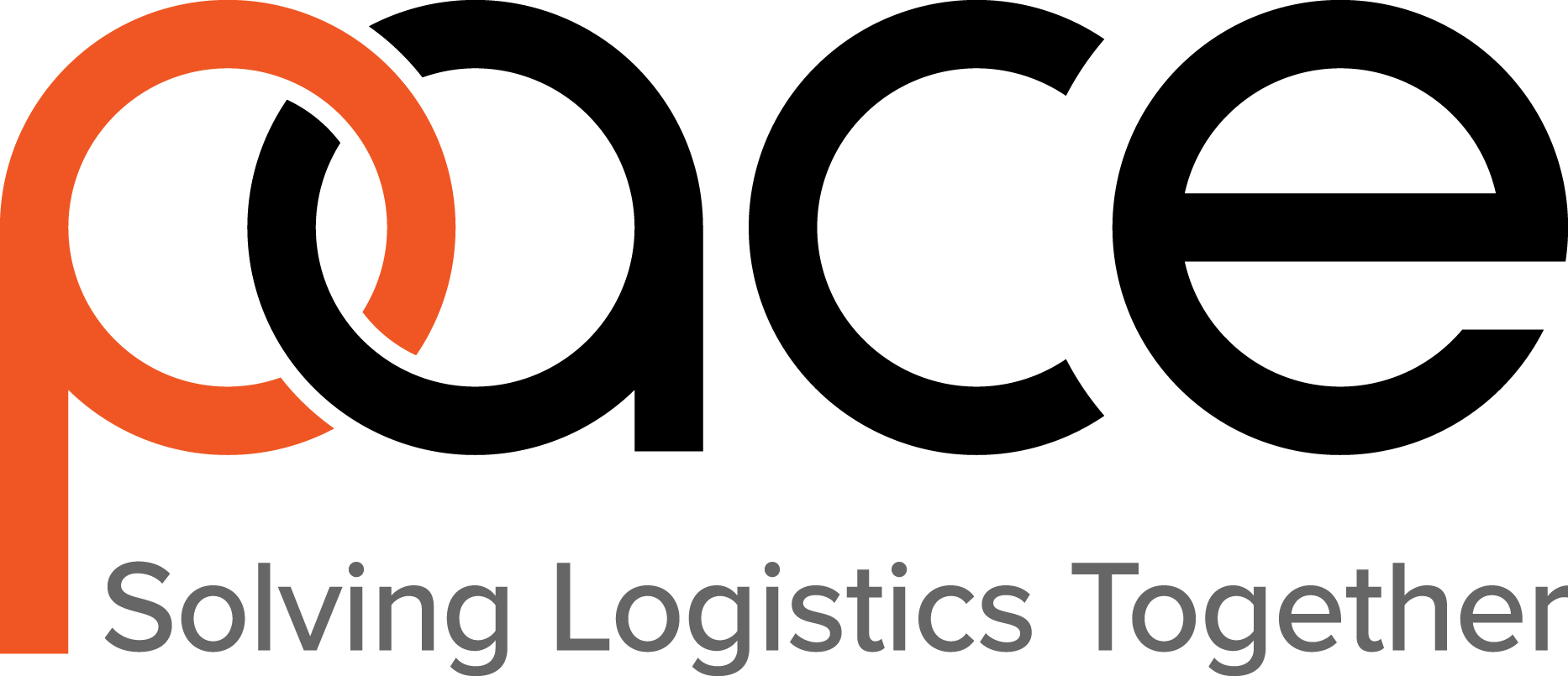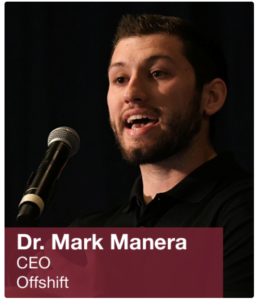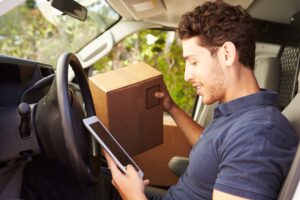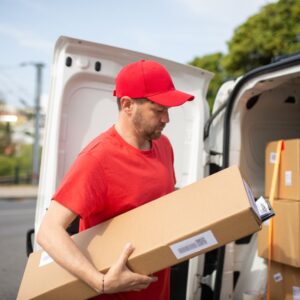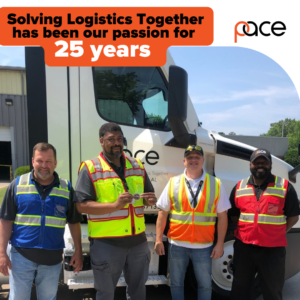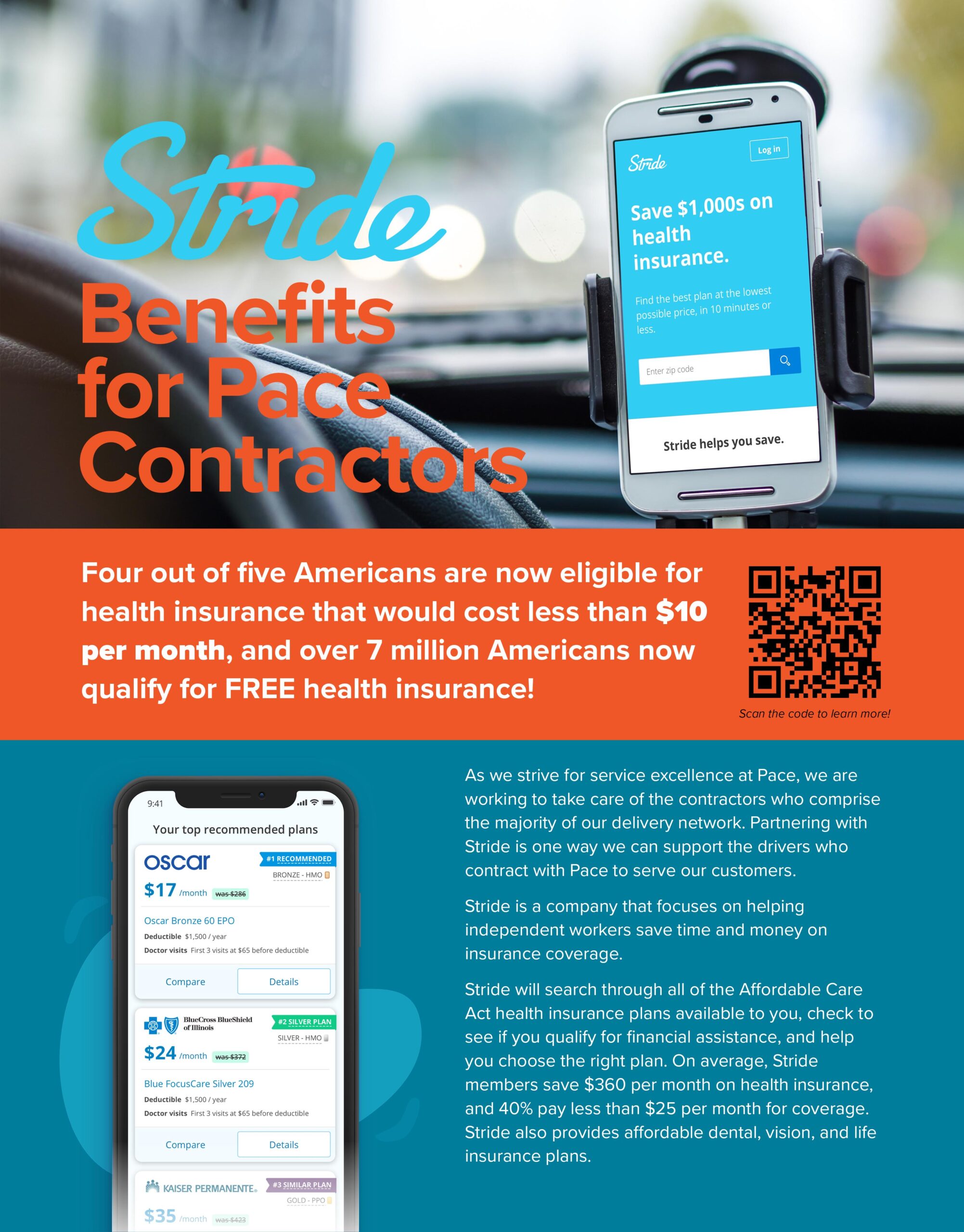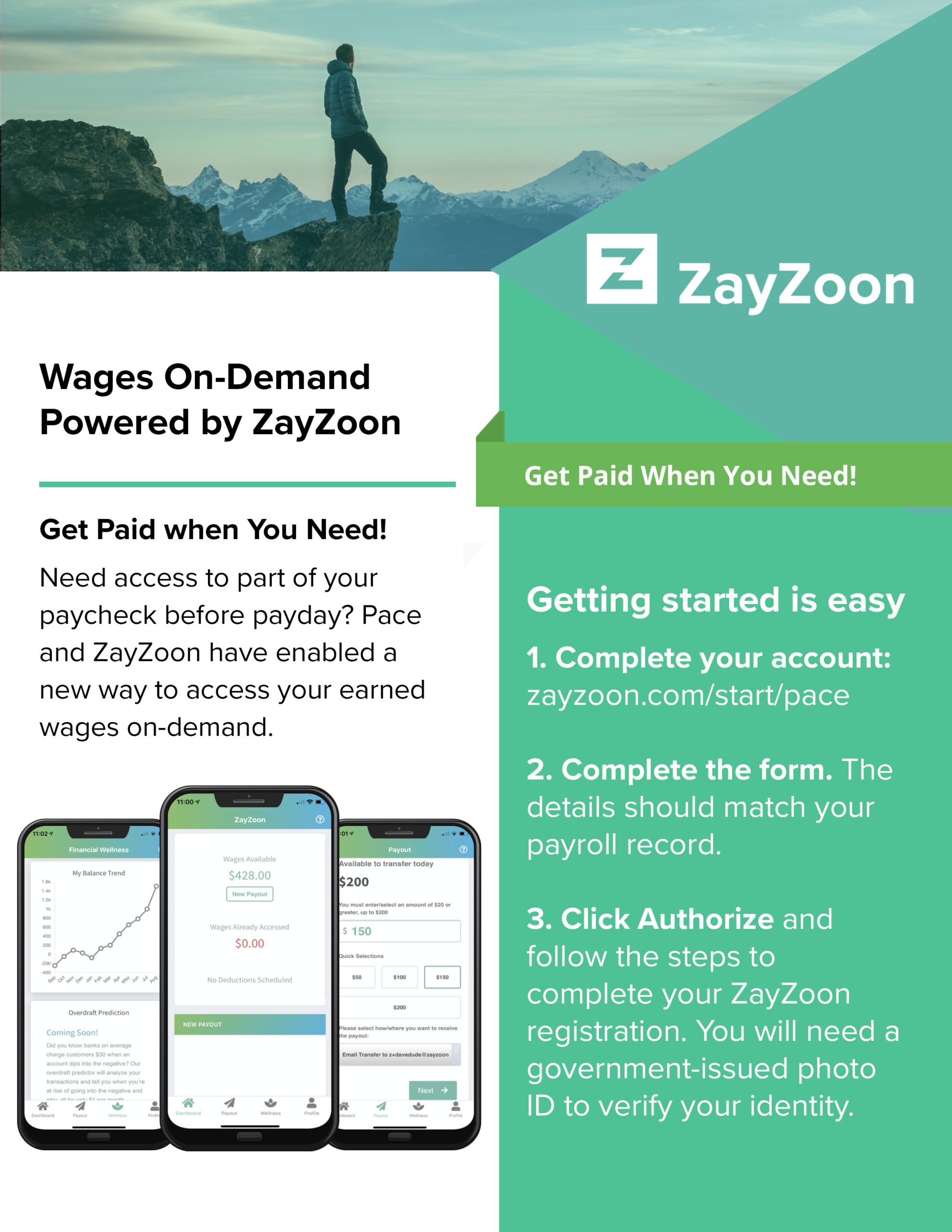
A Supply Chain Under Stress
What does route optimization software do, and is it a hidden tool in helping logistics businesses go green?
The dramatic rise in gasoline and diesel prices is aggravating existing pressures in the supply chain. Riddled with driver shortages, chip shortages that hinder new vehicle manufacturing, congested ports, and labor pressures, the rising cost of fuel adds to drivers’ and logistics planners’ headaches.
Beyond the obvious issues, periodic spikes in gas prices eventually spur conservation efforts by drivers of all types. Besides intentional efforts to drive fewer miles, and techniques like not exceeding speed limits, for the logistics sectors there are strategies and tactics that deserve constant attention regardless of fuel costs. Interestingly these strategies and tactics frequently render societal and environmental benefits.
What is Route Optimization Software?
Route optimization is an approach that enables fleets to boost fuel efficiency through effective route planning. Route optimization software provides efficient navigation that results in time and fuel savings. The trick is getting away from static routing and deploying daily dynamic routing processes.
Author, educator, and management consultant Peter Drucker contributed to the philosophical and practical foundations of modern business corporation concepts. Drucker’s take on transportation cost control is best summed up by his quote that “efficiency is doing better what is already being done.”
Whether in freight transportation or as an individual motorist, we’re going to be consuming fuel no matter what. Many of us want to find the most efficient way to do so, particularly when fuel costs are soaring. Route optimization tools offer those solutions for us.
“Behind every brown package delivery vehicle is a strategy to economize fuel use,” reports UPS on its corporate website. “Our fleet strategy is making the best of today’s transportation technology through careful route planning that avoids unnecessary driving and saves fuel.”
UPS’ ORION is their proprietary technology that employs AI, advanced algorithms, and machine learning to continually optimize their daily route structures. The company says that it saves them about 100 million miles and 10 million gallons of fuel per year. “ORION is purpose-built for local UPS delivery drivers, many of whom complete an average of 135 stops each day,” said Juan Perez, UPS chief information and engineering officer. “The new Dynamic Optimization component will improve the accuracy of UPS delivery time estimates and give our customers better visibility into their shipments.” Route optimization software aims to get the fastest and shortest possible routes deployed daily in a logistics final mile setting. Routes can be dispatched and navigated using in-app GPS navigation, and then tracked in real time. Routing software can also help increase the number of stops per route, defined as route density. Increasing stops per route can result in products being delivered more quickly. To take it a step further, logistics businesses aim to get 95% full capacity in route trucks to maximize productivity. Finally, route optimization tools offer operational insights and performance metrics that can further enhance route efficiency.
Helping Logistics and Sustainability Coexist
Oftentimes sustainability in the logistics industry is looked at through the lens of electrical vehicles and green energy, but unfortunately those are still not an option for most businesses. Because of the barriers to entry – including the limited availability, price, and convenience of EVs and alternative fuels – many logistics businesses are still opting for gasoline and diesel-powered vehicles. However, that doesn’t mean we should give up on sustainable choices we can make in transportation right now that will save companies money and work towards carbon neutrality.
Route optimization technology helps companies find the quickest and most cost-effective routes to wherever they’re delivering their products and thus, this helps them significantly cut down on fuel use, cutting down their total carbon emissions. While according to the EPA the logistics industry is the leading sector in greenhouse gas production in the United States, making up nearly a third of the emissions, an MIT study found that only 49% of all companies have corporate supply chain sustainability goals. However, route optimization could prove to be the thing that pushes more and more companies to make sustainability a goal of theirs.
Route optimization technology can reduce companies fuel usage up to 20%, most sources say, which saves them 10 to 15% of their original transportation costs. Based on Offsetters Clean Technology reports, it was also found that when route optimization technology was adopted by just 500 delivery businesses worldwide, they were able to collectively cut more than 11,000 tons of carbon emissions. Frequently, companies avoid sustainable practices because they fear it will hurt their profit margins, but route optimization makes sustainable practices harmonious with cutting-costs.
The World Economic Forum sees a 36% increase in the number of delivery vehicles across the world’s top one-hundred cities within the next eight years. Scientific research estimates that emissions from final mile delivery traffic will increase by nearly one-third. They project a 21% rise in congestion.
Benefits of Route Optimization Software and Its Impact on Climate Change
Despite these projections a 2019 survey performed by route optimization software provider Routific of 11,246 businesses found that 72% of them are still manually planning the routes for their delivery drivers. Routific Founder and CEO Marc Kuo professes that “awareness is key. Every business needs to take our world’s climate seriously, for our future and to ensure the health and well-being of future generations. Route optimization technology not only saves a business time, money, and fuel, it also drastically reduces a company’s carbon footprint.”
Route optimizer firm Route4me knows what’s at stake – not only creating fuel and time efficient routing to boost savings and profitability, but also creating sustainable and carbon-neutral final mile operations. Route4me is a leader in efficiency and sustainability gains for thousands of businesses by avoiding wasted annual labor hours and cutting billions of inefficient route miles. Route4me has prevented more than 10 billion unnecessary miles from being driven, resulting in reduced CO2 emissions by over 10 billion tons. The company states that their approach to route optimization has reduced carbon dioxide in the air to the equivalent of planting over 87 million trees.
Parker Woodward, Route4Me’s Marketing Director, was interviewed in 2021 by Programing Throwdown and commented on the impact of route planning apps not only on route
optimization planning but also on society and the environment. “…I think [route optimization] is a wonderful space because I really believe we’re helping to save the planet and save the world.” Woodward elaborates, “…especially as more and more carbon emissions are being admitted, more and more vehicles are going on the road.”
Final mile logistics companies like Pace are utilizing Route4Me to take steps towards achieving improved route density, reducing miles driven, and increasing capacity utilization. In doing so, we are making a contribution to sustainability in a way that seamlessly flows from our business model.
Technology driven route optimization efforts such as UPS’ Orion, Routific, Route4me, and numerous others have and will contribute mightily toward transportation and labor cost efficiencies, but also corporate ESG goals and environmental sustainability initiatives.
Jane Goodall is known worldwide as an anthropologist and primatologist and the foremost expert on chimpanzees. The United Nations named Goodall a UN Messenger of Peace in 2002 and she is an honorary member of the World Future Council. Goodall is also a prominent environmental advocate, and she lectures on the effects of climate change on worldwide endangered species such as chimpanzees.
“Each one of us matters, has a role to play, and makes a difference,” Goodall said. “Each one of us must take responsibility for our own lives, and above all, show respect and love for living things around us, especially each other.”
